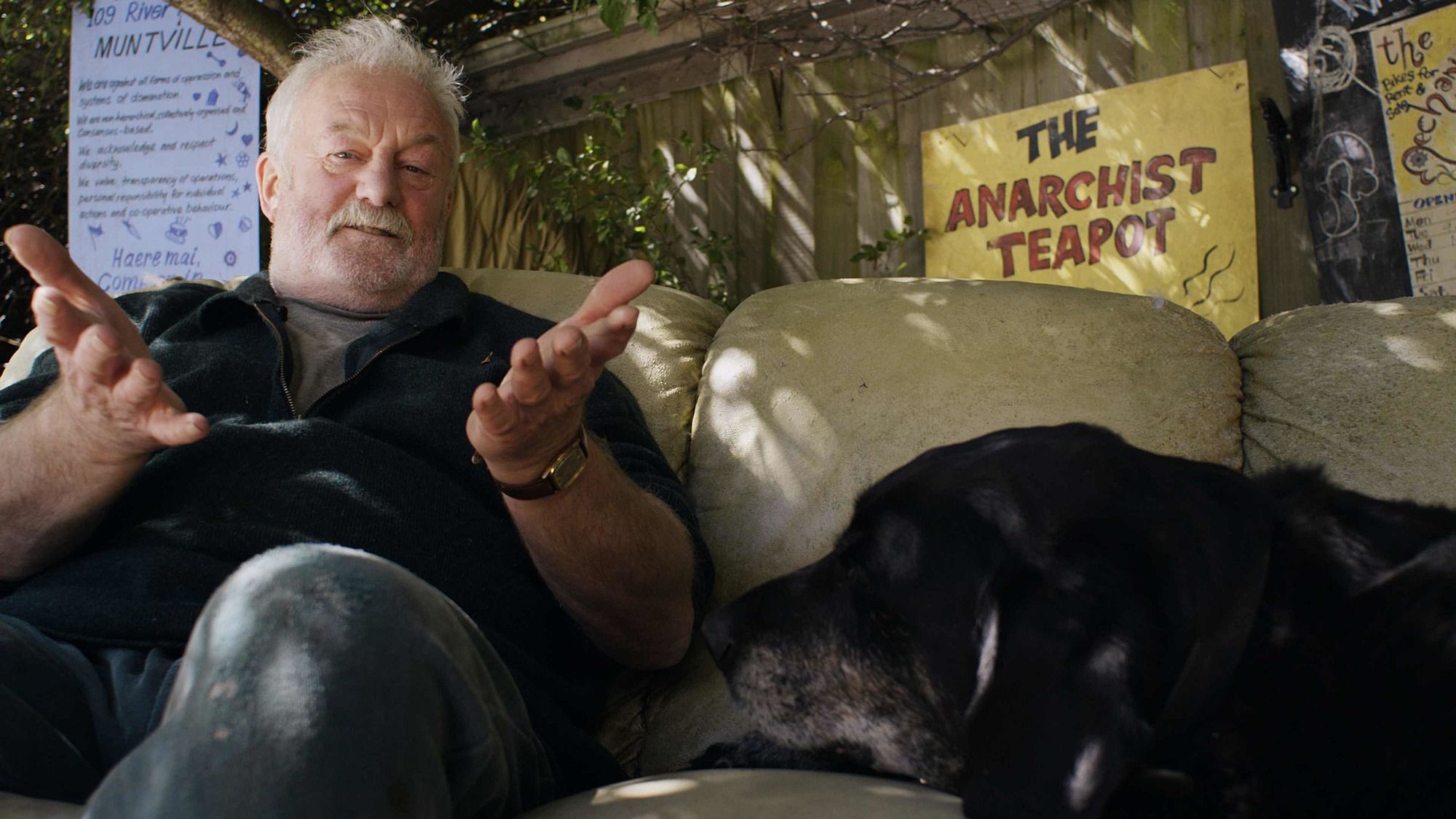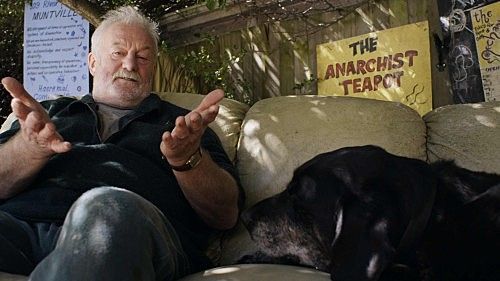Hope And Wire: Part Two
Time passes slowly.
When we left Hope And Wire, I talked about how I was looking forward to what happened next to these characters. They were a bit broad, but they were identifiable, and given the aftermath of a crisis, we’d be given the opportunity to see what they were made of. Part One of the three felt like it was marking time, excusable because it was building to a cataclysm. Part Two has no such excuse, and it’s an absolute case study in poor pacing. It begins with a bit more quake, where it should have leapt straight into consequences. Then the consequences just drift by. Some characters do things. Others don’t. Occasionally, you forget people are living in the aftermath of a disaster, not matter how often the characters refer to it and how many Dutch angles are employed to show that things are askew (several Dutch angles).
A lot of the momentum the first episode hinted at is simply forsaken. Soused but adorable socialist Len isn’t dead, and what was originally a well-executed stunt of killing off a likeable character becomes more infuriating as he settles into a breakneck subplot of having a barbecue, going on the television, and going for works. This is even more of a shame for Rachel House, who settles for being exceptionally talented at smiling indulgently, delivering half a dozen lines, and one sublimely sad moment where she watches Chelsie Preston Crayford’s Monee reconcile with her vicious skinhead boyfriend. She's shown up to do heavy lifting that the show has neglected to give her, and it's a shame.
Meanwhile, Jarod Rawiri and Miriama McDowell gamely soldier on through the most protracted long-distance relationship I’ve ever seen. Rawiri’s Ryan keeps working 13-hour days, determined to meet the costs of keeping his home and send money up to a family decamped to Auckland. He wears a sort of inured exhaustion well, cooped up in the cab of his van and smoking rollies by night. But the execution is flabby, a couple of moments where you rally for him diminished by repetition – another call to McDowell’s Donna in sunny Grey Lynn, another beer with Joel Tobeck’s eminently despicable and watchable property developer – but it doesn’t feel like the drama’s building, like we’re coming to some sort of crossroads.
Meanwhile, the toff family sucks the oxygen out of the show virtually every time they’re on stage. Has Luanne Gordon lost some sort of bet or crossed NZ Actor’s Equity? The laboured metaphors to camera continue, and she bears the brunt of them: “That awful day, it was like something inside me…dislodged”. Er.
The telling and not showing really becomes a problem here – if you can’t afford to recreate an earthquake, by all means use a monologue to convey the shock. But the show is (was) spoilt for time, and here we are being instructed that Gordon has changed irreversibly and not seeing an iota of it. That’s a lot of reckoning to pile into part three.
Elsewhere, things fall short – Gordon and Stephen Lovatt’s son is rendered mute by his accident, not that it bothers anyone; talented young Lucy Wyma, as sullen teen daughter Hayley, gets good but misplaced material that seems better suited to a different show; and Lovatt manages to let slip that he is sort-of having an affair with his co-worker Sally Ridge about three times. Each time augurs another fish-eyed straight-to-camera delivery from Gordon. Time passes slowly.
The most puzzling thing is the continued portrayal of Lovatt by director , actor and scriptwriter as being a down-on-his-luck larrikin – bear in mind this is a guy who spends two hours ignoring his family, covering up a client’s trust account he was stealing out of, and eventually bullying Sally Ridge into dressing like a cat burglar and going into a dangerous building to retrieve incriminating material because..well, just because. The dude is Walter White-shitheel territory, and yet we’re being expected to prefer him over Tobeck’s Greggo, who hasn’t really done anything yet.
I don’t want monsters, but I do want drama, and given the severity of the real situation everyone watching deserves some better twists of the knife then one use of the phrase “Christchurch fatigue”. The trailer for the final looks like it might offer a little heft at last, but I got to the end and couldn’t even tell it was a cliffhanger, much less a dramatic beat. This time, I’ve found myself squarely indifferent – I’ve lost two hours of my life to television that was too prissy to film an actor in camo pouring water into a Pump bottle and gave me pixelated stock footage of it instead, that’s too cautious to say “fuck Gerry Brownlee” and just has cartoon villains namedropping “emergency legislation”. Take a bloody chance.


